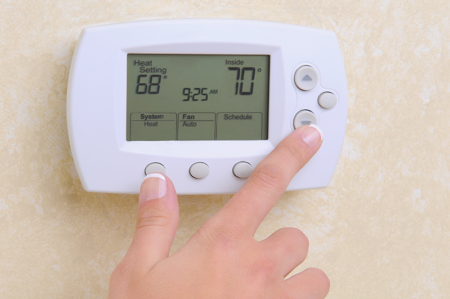They make it look so easy on TV. Buy a house, fix it up, and resell it for a big profit. But that’s easier said than done. Here’s what you’ll really need to be a successful home flipper:
Cash – Most flippers pay cash for properties. You can get a loan, but you’ll need good credit to qualify for enough to cover the costs of both the purchase and resale transactions, renovations, utilities, homeowner’s insurance, and to cover unexpected expenses. You should have cash to cover your carrying costs throughout the timeline of the project and a tax plan to pay or defer capital gains.
Experience – Successful flippers follow a formula—an undervalued, distressed, or unimproved and dated property that can be purchased using the 70% rule. If you plan to sell the property for $500,000 after renovations, you should pay no more than $350,000 to acquire it, plus the costs to make repairs and updates, allowing you to make a typical profit of $67,000. If the property looks as though it will cost you too much to make it sellable at $500K and still make a profit, it’s not a good candidate for flipping.
Labor and Materials – Most flippers do the work themselves, but you may need skilled labor such as electricians and plumbers. Working without a license can expose you to fines and lawsuits for faulty construction. You must be savvy about the costs of materials needed, supply chains, and have the correct equipment and insurance to work safely.





